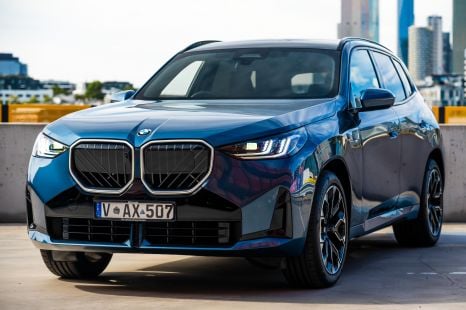

Jack Quick
8.4
5 Days Ago
Increasing EV sales isn't the only solution to lower transport emissions, according to a report from Monash University's Climateworks Centre.

Marketplace Journalist
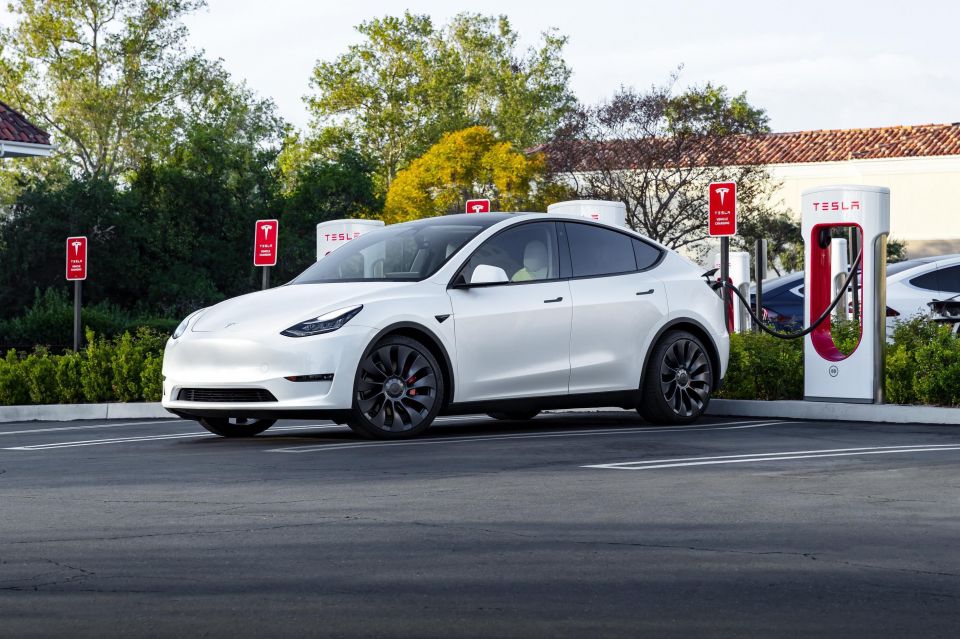

Marketplace Journalist
A Melbourne-based climate research not-for-profit is calling for a shift in Australia’s transport decarbonisation strategy away from simply pushing a switch to electric vehicles (EVs).
New modelling from the Climateworks Centre, published in its latest report, found that a ‘diverse solutions’ approach is superior to EV-heavy strategies when it comes to keeping transport emissions on track to align Australia with the Paris Agreement goal of limiting global warming to 1.5 degrees celsius.
Climateworks recommends the Australian Government develop a range of solutions, which includes EVs, to reduce carbon emissions in the transport sector.

These solutions, as outlined in the globally recognised Avoid, Shift and Improve (ASI) framework, include reducing road travel as a whole and switching to lower-emissions modes of transport such as public transport.
However, improving vehicle efficiency by increasing EV uptake is still a key pillar of the Climateworks recommendations.
“The goal is to reduce transport emissions, move people and goods efficiently and create a sector that is resilient to the challenges ahead – this requires Australia to expand its focus beyond EVs,” said Climateworks transport program lead Helen Rowe.
“As transport emissions continue to ramp up, now is the time to be diversifying solutions, rather than placing our eggs in the one basket.

“Just like in the energy sector, where the nation is backing a whole suite of clean energy solutions, Australia can do the same with transport, by ramping up EV uptake while also supporting things like public and active transport, zero-emissions trucks and shifting more freight by rail.
“If the nation purely focuses on replacing every car and truck on the road with a zero-emissions option, it is going to get stuck with the same congestion issues. Traffic is still traffic, no matter the vehicle you are in.”
Transport currently constitutes 21 per cent of total emissions in Australia, and is set to become the highest-emitting sector by the end of the decade – ahead of electricity and agriculture.
Road transport makes up 86 per cent of all transport emissions – 42 per cent come from passenger cars, 23 per cent from trucks, 19 per cent from light commercial vehicles and 2 per cent from buses.
Climateworks Centre is a not-for-profit founded by Monash University and the Myer Foundation “to bridge the gap between research and climate action”.
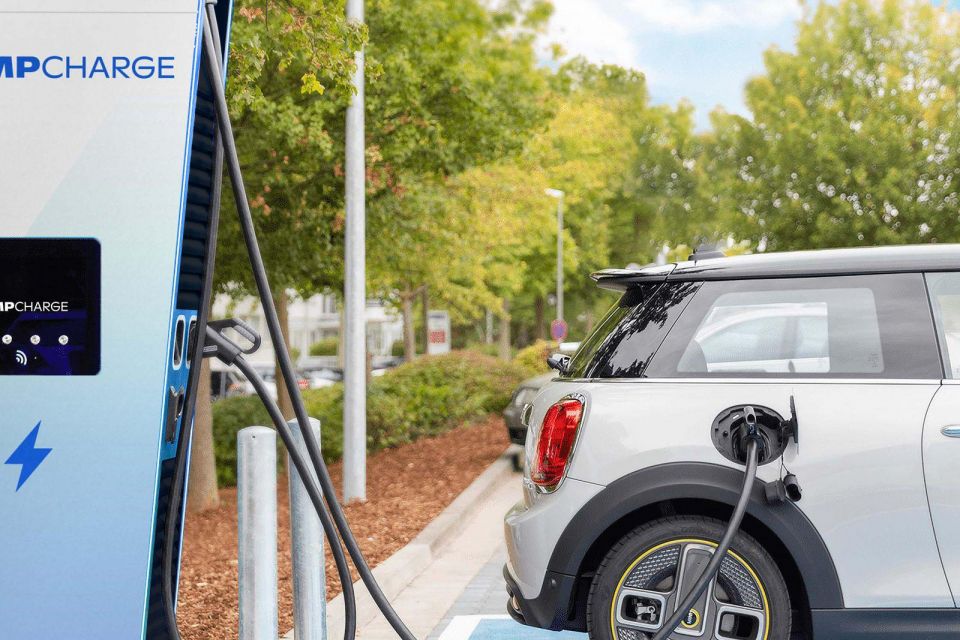
The Climateworks findings come shortly after rising EV sales hit a hurdle in Australia. EV sales fell by five per cent in April this year.
EV demand has also been cooling in markets like Europe, which has seen some carmakers delay the introduction of additional EVs and the phaseout of combustion-powered vehicles.
The Australian Government is currently seeking submissions as it looks to develop six national sector plans for decarbonisation, with transport and infrastructure representing one of those sectors.
“This modelling was designed with impact in mind – to create the evidence that shows how and why the Australian government should go beyond EVs as they design the transport sector’s national decarbonisation plan,” said Climateworks senior transport project manager Lily Rau, who was the lead author of the latest report.
Josh Nevett is an automotive journalist based in Melbourne, Australia. Josh studied journalism at The University of Melbourne and has a passion for performance cars, especially those of the 2000s. Away from the office you will either find him on the cricket field or at the MCG cheering on his beloved Melbourne Demons.


Jack Quick
8.4
5 Days Ago
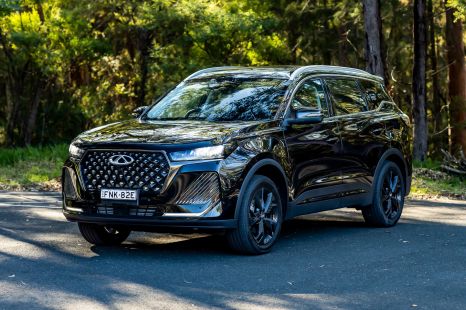

Matt Campbell
8.1
4 Days Ago
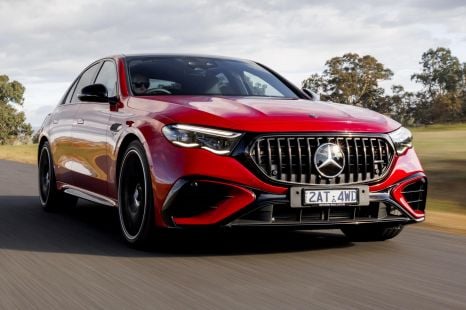

Max Davies
8
3 Days Ago
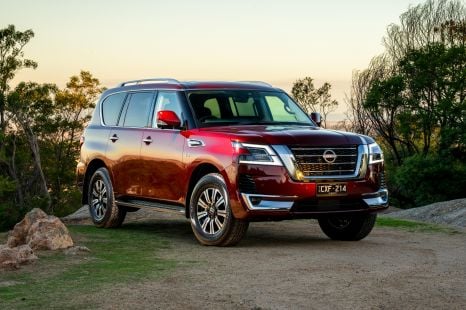

James Wong
8.1
2 Days Ago
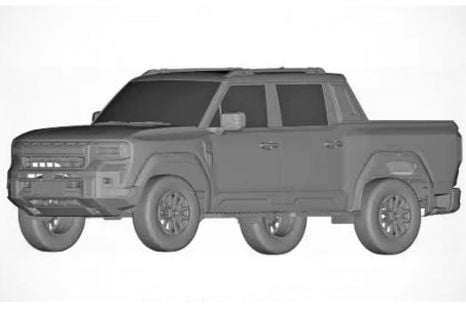

Marton Pettendy
1 Day Ago
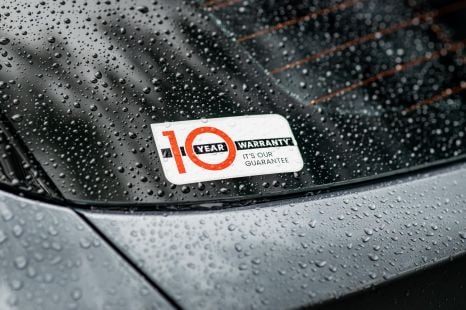

CarExpert.com.au
1 Day Ago